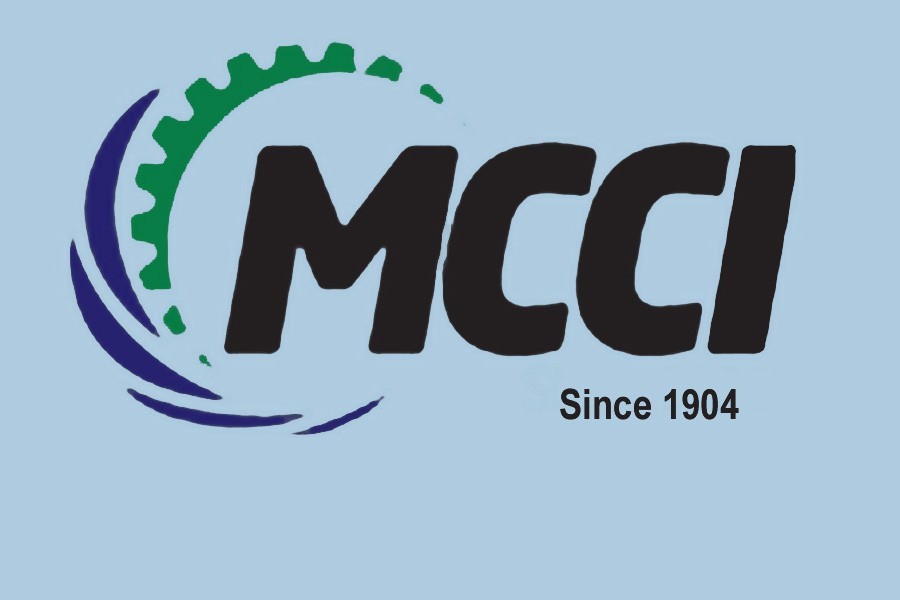The Metropolitan Chamber of Commerce and Industry, Dhaka (MCCI) has listed inadequate infrastructure, lack of investors' confidence, and shortage of power and energy as major impediments to the country's desired economic growth.
Besides, weak implementation and ambiguity of regulatory and policy frameworks are also responsible for the situation, said the MCCI in its Review of Economic Situation in Bangladesh for April-June period of 2019 (Q4 of fiscal year or FY 2018-19).
The country's oldest trade body also said Bangladesh's overall economic achievements remain below the level of inherent potentials despite varied imprints of positive performances in certain areas.
Creditable performance of the economy in certain areas notwithstanding, overall achievements remain below their true potentials, opined the MCCI.
"Some risk factors - power and gas shortage and weak infrastructure - that disrupt industrial production and also discourage new investment, appeared as major obstacles to the expansion of economic activities."
The chamber also called for removing such obstacles to help restore confidence of the foreign investors as well as the country's business community including traders.
"There are significant downside risks that pose threats to its economic growth, which need to be carefully addressed."
Identifying power and gas shortage, inadequate investment, and weak infrastructure as 'major obstacles' to growth, the MCCI said such bottlenecks caused disruptions to industrial production, thus discouraging new investment.
Inflow of foreign direct investment (FDI) in Bangladesh is low compared to many other countries that are in the similar level of development.
The power supply situation improved in Q4 of FY 19, but the demand for power increased as well, it mentioned.
The overall electricity production remained low because of gas shortage, and also some power stations were shut down for maintenance. Transmission capacity appears to be a limiting factor in the supply of power to consumers.
The MCCI quarterly review, however, termed the country's overall economic situation as positive, as indicated by steady improvement in the major economic indicators.
According to it, the quarter under review saw a steady progress in the agriculture sector, and a moderately good growth in the industry sector, despite having crisis in the power sector, and decline in the inflation rate.
However, there is a need for continuation of macro-economic stability, comfortable foreign exchange reserve, and good progress in achieving the Sustainable Development Goals (SDGs) for attaining an accelerated economic growth and emerging as a middle-income country by the turn of the present decade, it maintained.
About the country's economic growth, it said the gross domestic product (GDP) growth in the just-concluded fiscal (FY 19) was 8.13 per cent, up from 7.86 per cent in the previous fiscal (FY 18).


